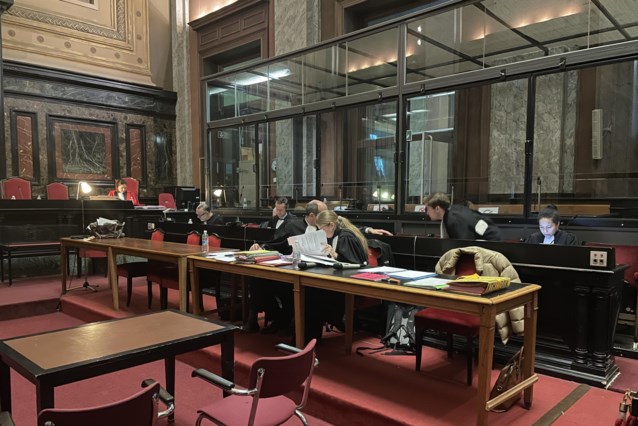Can Brussels still do without the EU? Quarter of Brussels economy on international institutions
The Brussels economy desperately needs the EU. After all, almost a quarter of the turnover of the Brussels Region comes from international institutions and lobbies. This is apparent from a recent study by three researchers from the VUB, reported by the business newspaper, among others L’Echo.
Why is this important?
Until now, the impact of the European institutions on the economy could not be calculated.- The researchers are carrying out the study on behalf of the European Commission in Brussels.
- The study of the European Union (Commission, Parliament and Council) and institutions 22 international organizations present in Brussels.
- The researchers include NATO, the Benelux countries, the United Nations, the International Red Cross, etc.
- The diplomatic sector (embassies and consulates) and the lobbies listed in the EU transparency register are also included in included genomes.
Specific method
Recently, the Brussels Institute for Statistics and Analysis (IBSA) has developed a specific method to collect data on international and European institutions.
Until now, the impact of the European institutions on the economy could not be calculated. An organization like NATO, for example, does not include military personnel in its official statistics, for obvious security reasons.
Concrete proceeding
Specifically, the investigation follows:
- The economic effects are between 22.8% and 26% of Brussels’ turnover and between 19% and 20.2% of regional employment.
- In absolute figures this amounts to 137,000 jobs, of which 64,385 jobs are direct.
- The rest are indirect jobs related to the impact on consumption and the institutions’ suppliers.
- Almost a quarter of the turnover of the Brussels Region is the result of the expenditure of these institutions and lobbies that have happened from outside Belgium, few problems of European and international institutions.
Also positive for Flanders and Walloniae
The presence of these institutions and lobbyists in Brussels is also positive for Flanders and Wallonia, although the benefits are limited.
- The contribution to the Flemish and Walloon economy is estimated at 1 to 2%, with 10,400 jobs in the north and 7,400 in the south.
- “If we consider that these effects are likely in two Brabant, the absolute value becomes quite free,” researcher Nicola Francesco L’Echo.
conclusion: Although the European institutions are often to (Brussels) critiques, their sustainable contribution cannot be neglected. But the authors also certainly include post-Covid for the labor market with general acceptance of teleworking. In that light, the European Commission plans to vacate half of its current buildings by 2030.
“The international institutions have lured non-Belgian workers to Brussels en masse, but a reversal of this trend could have a knock-on effect on the Brussels economy.”
Read also:




